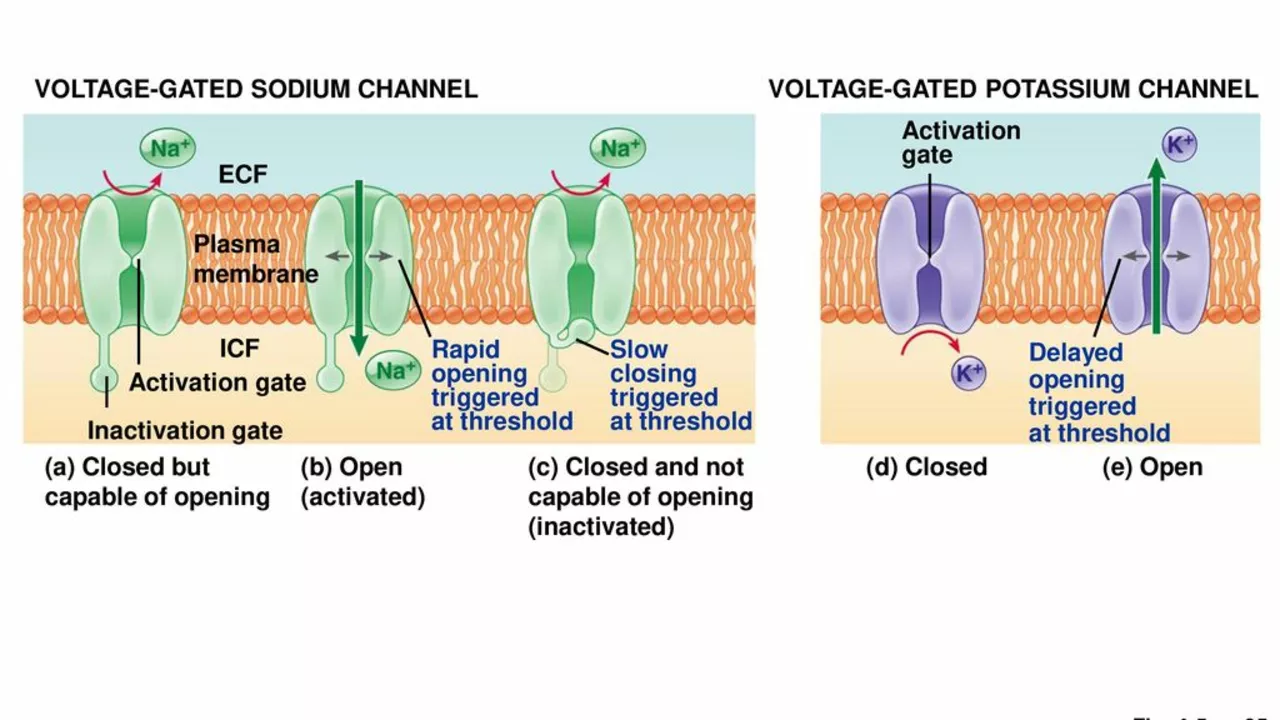Your body and mind change as you get older — that’s normal. What most people don’t talk about is which changes are expected, which deserve attention, and what you can actually do to feel better day to day. This page gives short, useful answers so you can make smarter choices about health, medicines, and supplements as you age.
Energy dips, sleep patterns shift, and recovery from illness or injury takes longer. Muscle mass and bone density usually decline without regular strength work. Your skin thins and becomes less elastic, so bruises and dryness happen more easily. Cognition often slows a bit for tasks that need fast recall, but memory for important events usually stays intact. Digestive changes — like slower gut movement — can cause constipation or affect how drugs are absorbed.
Many older adults also face medication sensitivity. The same dose that worked at 40 can cause side effects at 70 because liver and kidney clearance decline. That makes reviewing prescriptions every year crucial, especially if you see multiple specialists.
Move in ways that build and protect strength: two or three short resistance sessions per week helps retain muscle and bone. You don’t need a gym — bodyweight exercises, light dumbbells, or resistance bands work fine. Add 20–30 minutes of brisk walking most days for heart and mood benefits.
Eat with purpose: prioritize protein, fiber, and colorful vegetables. Protein helps keep muscles; fiber keeps digestion regular. Stay hydrated — older adults feel thirst less, so set small water goals through the day.
Sleep matters. Aim for consistent sleep and short naps if nights are broken. If sleep problems persist, ask your doctor before taking pills or supplements — many sleep meds can cause daytime grogginess and falls in older people.
Check your meds regularly. Ask a pharmacist or your doctor to review all prescriptions and over‑the‑counter products for interactions and dose adjustments. Polypharmacy (taking many drugs) raises risk of dizziness, falls, and confusion.
Be careful with supplements. Some can help — like vitamin D for bone health or omega‑3s for heart support — but doses, quality, and interactions vary. Always check with a clinician, especially if you take blood thinners or blood pressure drugs.
Keep your brain active and connected. Social contact, hobbies, and mental challenges (reading, puzzles, learning) protect mood and thinking. Mental health is part of aging well; if loneliness or low mood lasts, get help early.
Finally, use screenings and vaccines. Routine checks for blood pressure, cholesterol, bone density, cancer screenings, and vaccinations (flu, shingles, pneumonia) prevent problems or catch them early. If something feels different — new pain, confusion, or sudden falls — don’t wait. Early action makes a real difference.
Want more practical reads on medication changes, supplements, or specific conditions tied to aging? Browse the related guides on StrutYourSupplements.su to find step‑by‑step advice and clear drug information.

In my latest research, I dug deep into the topic of secondary hypogonadism and its connection to the aging process. It turns out that as we age, instances of secondary hypogonadism, a condition that impacts hormone production in the testes or ovaries, tend to increase. This can lead to a variety of symptoms including fatigue, low libido, and a decrease in muscle mass. This is a complex interplay of aging, hormonal changes, and overall health. It's a reminder that as we age, it's crucial to keep an eye on our hormonal health to maintain our wellbeing.
